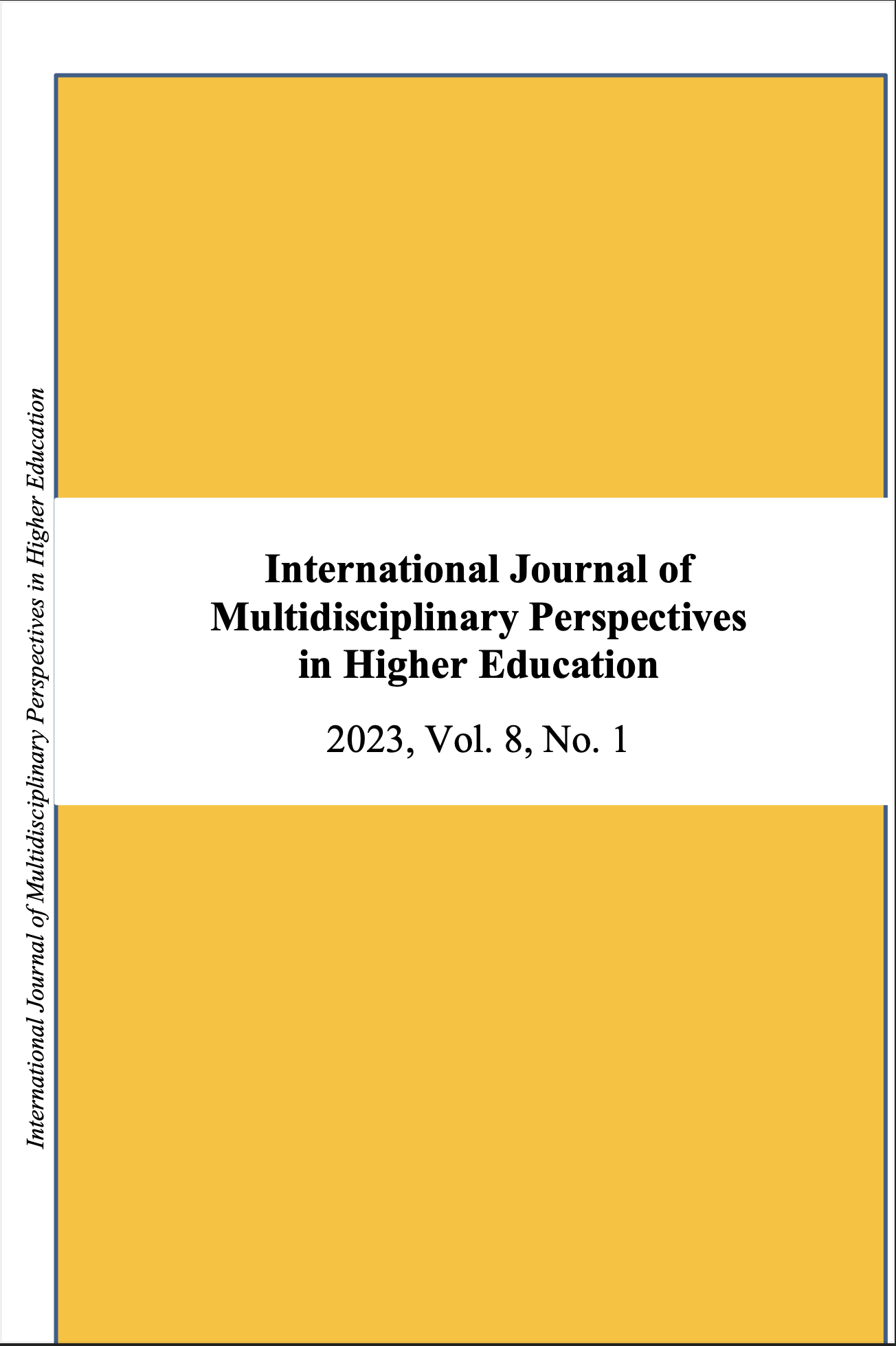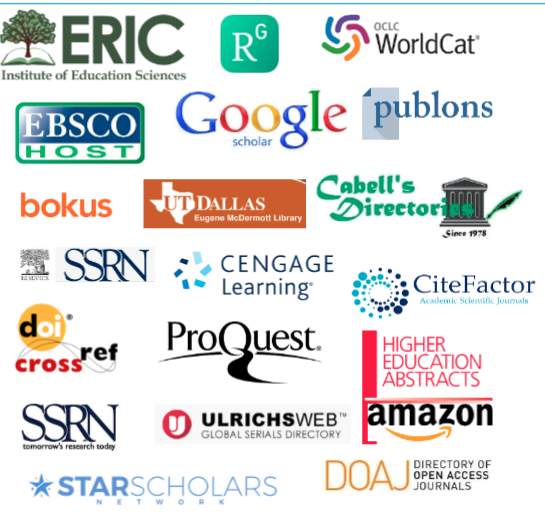STEM Pedagogical Content Knowledge of Preservice Teachers
DOI:
https://doi.org/10.32674/jimphe.v8i1.4820Abstract
The United States needs to produce more graduates with the required 21st-century skills such as critical thinking, problem-solving, collaboration and cross-cultural awareness to remain a top competitor in a global marketplace. Science, technology, engineering, and mathematics, commonly referred to as STEM, is a transdisciplinary approach to learning through real-world application. The fastest growing occupations require STEM skills and STEM education can be effective in promoting desired 21st-century capacities. To successfully teach STEM, educators need pedagogical content knowledge. Students can be greatly impacted by their teachers and K-12 public school may be the first-time students are exposed to STEM education. Even if students do not pursue careers in STEM, they benefit from the communication, collaboration, critical thinking, and problem-solving skills gained from STEM education. The purpose of the correlational quantitative study was to determine the STEM pedagogical content knowledge of preservice teachers and to consider any gaps in STEM pedagogical content knowledge. Recommendations include adding an explicit STEM course into preservice teacher preparation programs and future research.






